 |
| Israeli Defense Minister Yoav Gallant (left) speaks with Prime Minister Netanyahu during a parliamentary meeting in mid-February. (Source: Flash 90) |
On March 23, Middle Eastern media simultaneously reported that that evening, Israeli Defense Minister Yoav Gallant would hold a press conference and call on the government to postpone the judicial reform plan.
Mr Gallant is a senior member of the Likud party led by Prime Minister Benjamin Netanyahu, who spearheaded a judicial reform plan that has sparked fierce protests in the country.
Immediately after news of a key member's sudden "turnabout", Prime Minister Netanyahu urgently summoned Mr. Gallant to ask him to explain his intention to speak directly to the public regarding the government's judicial reform plan.
After the briefing, Minister Gallant paused the press conference, saying that he had presented to the Prime Minister “the impact of the legislative processes on the IDF and the defense establishment, in the context of the army reservists refusing to serve in protest of the government's judicial reform plan.
After concluding his meeting with Mr. Gallant, Prime Minister Netanyahu made a televised speech, declaring that he would continue to participate more deeply in the judicial reform plan, despite the existence of a regulation prohibiting him from participating in this process.
Explaining his intervention in the drafting and promotion of the judicial reform plan, despite an agreement prohibiting the Prime Minister from participating in this process, Mr. Netanyahu said he had to participate to ensure the balance of the plan.
According to the leader, he understands the concerns of protesters but will work to protect citizens' rights.
However, despite the nationwide protest movement entering its 12th consecutive week, Prime Minister Netanyahu affirmed that he will proceed with the approval of the new regulation on the Supreme Court Justice Appointment Committee, considered the most controversial content of the plan, next week.
Earlier that morning, the Israeli Parliament also passed a controversial bill, limiting the circumstances in which the Prime Minister can be removed from office.
The bill was passed in the second and final round with a support/opposition ratio of 61/47, after many hours of debate at a discussion session that lasted from the night of March 22 to 6:00 a.m. on March 23.
According to the law of dismissal, a prime minister must leave office in case of physical or mental health failure and at least three-quarters of the ministers in the government or members of the National Assembly vote in favor.
This is also one of the bills in the judicial reform plan proposed by the coalition government. Opponents say the bill restricts the removal of the Prime Minister to avoid legal troubles for Mr. Netanyahu.
Meanwhile, lawmakers supporting the bill said it was intended to prevent Israel's supreme court from abusing its power to issue rulings that impede the work of the government and parliament.
 | EU Summit: UN expects one thing, Europe declares full support for ICC On March 23, at the European Union (EU) Summit, leaders of this bloc and the Secretary General of the United Nations (UN) ... |
 | Israel-Poland sign deal to end diplomatic crisis, Jewish state says 'historic moment' On March 22, Israeli Foreign Minister Eli Cohen signed with his Polish counterpart Zbigniew Rau an agreement that immediately allows ... |
 | World News 3/23: Cambodia criticizes US human rights report, Israel-Iran tensions get hotter The United Nations talks about 'just peace' for Ukraine, China urges the US to stop provocations in the East Sea... are some news... |
 | 'Extremely concerned' about West Bank situation, UNSC calls for de-escalation of Israeli-Palestinian tensions On March 23, the United Nations Security Council (UNSC) called for a de-escalation of tensions between Israel and Palestine. |
 | Amid the Russia-Ukraine conflict, gas prices drop, bright 'green shoots' appear, do Poland, Hungary and the Czech Republic really benefit? According to a recent article on schroders.com, authors Andrew Rymer and Rollo Roscow stated that Poland, Hungary and the Czech Republic are the countries ... |
Source


![[Photo] T&T 1 and Ho Chi Minh City 1 People's Police Teams won the men's and women's team championships](https://vphoto.vietnam.vn/thumb/1200x675/vietnam/resource/IMAGE/2025/5/22/39db06ae67cb4001b7a556e8d9a56d07)

![[Photo] General Secretary To Lam chairs a working session with the Central Internal Affairs Commission](https://vphoto.vietnam.vn/thumb/1200x675/vietnam/resource/IMAGE/2025/5/22/3b7790f499da45b2803d8ae253207ef1)

![[Photo] Press delegation meeting to visit Truong Sa and DK1 Platform](https://vphoto.vietnam.vn/thumb/1200x675/vietnam/resource/IMAGE/2025/5/22/6b8d232877ec421a9e8187d83b9f8006)
![[Photo] Prime Minister Pham Minh Chinh chairs meeting on draft Resolution of National Assembly on International Financial Center in Vietnam](https://vphoto.vietnam.vn/thumb/1200x675/vietnam/resource/IMAGE/2025/5/22/d398664ff1a140629169ea5a24e1b4d0)
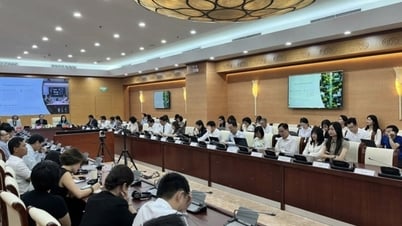





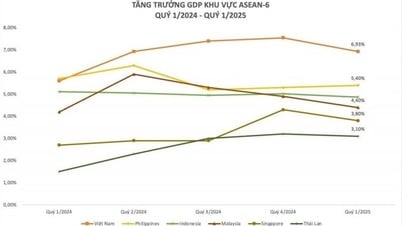







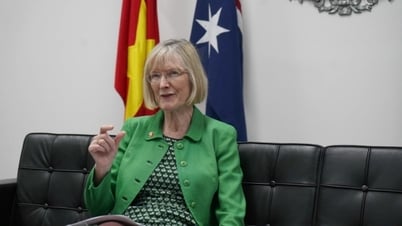
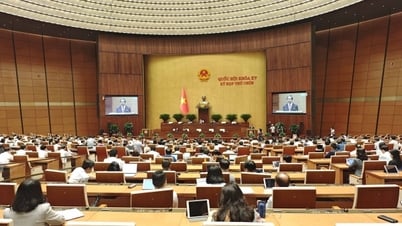
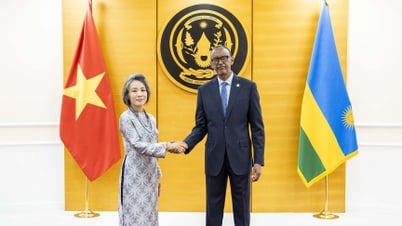










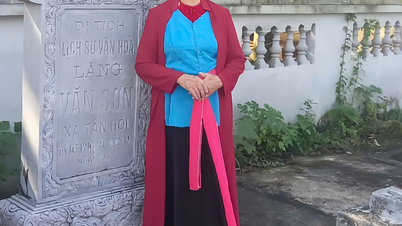





























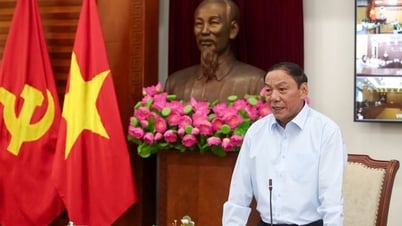


















![[Podcast] Week introducing more than 500 OCOP products in Hanoi](https://vphoto.vietnam.vn/thumb/402x226/vietnam/resource/IMAGE/2025/5/22/d144aac2416744718388dbae3260e7fd)





Comment (0)